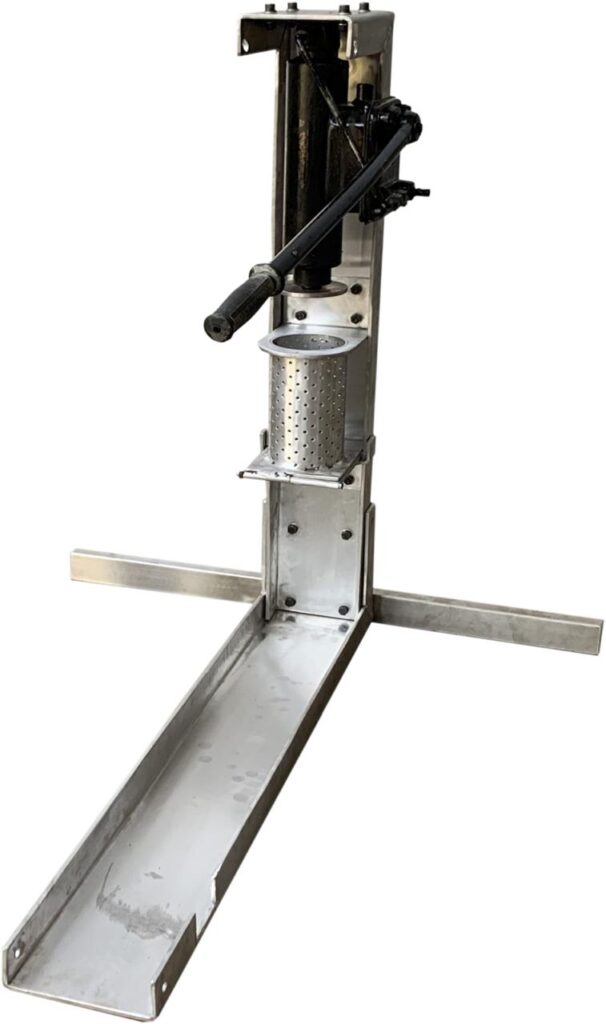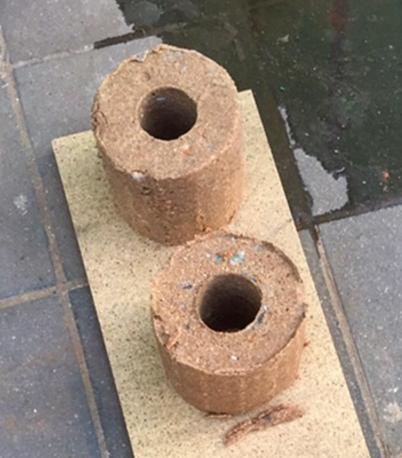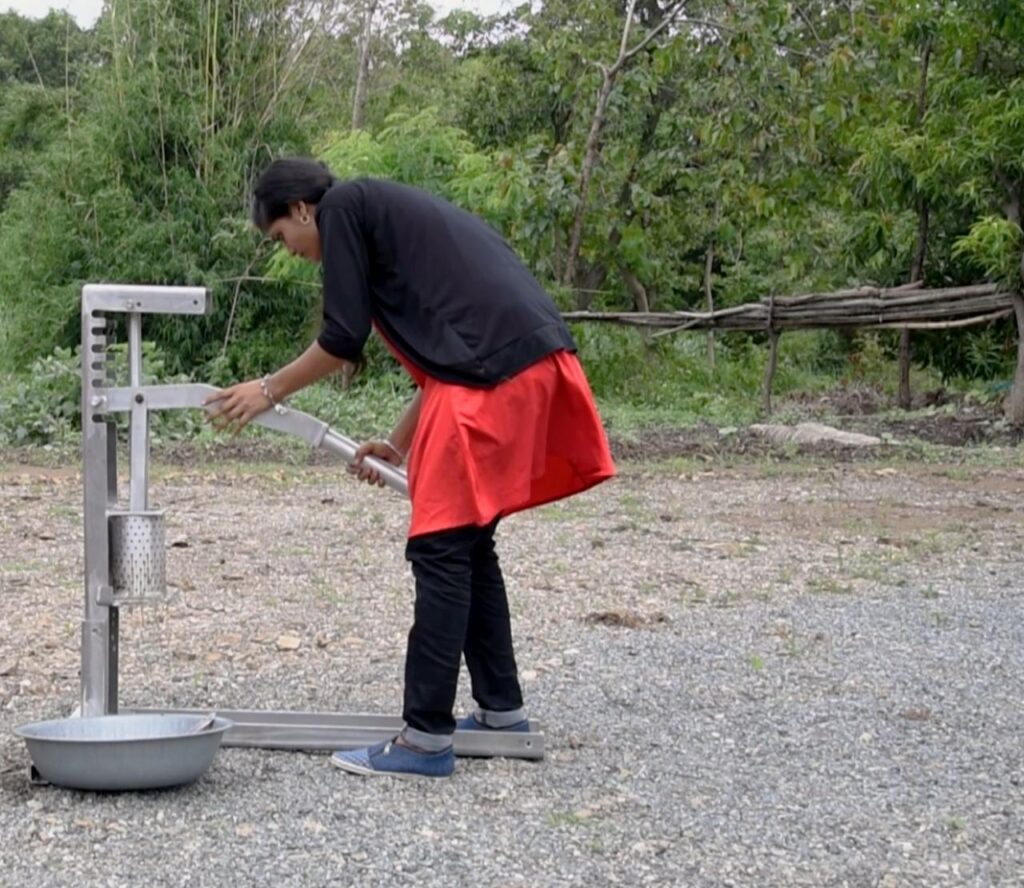The up-cycling and recycling of waste is being carried out in several ways these days. With the help of innovation, many people are working towards waste management. Yet, several issues remain unsolved especially in the rural parts of our country that often suffer because of lack of awareness. Farmers have been burning the agro-waste that is generated in their fields- leading to air pollution. However, industries are working towards this problem to solve the problem of agriculture waste management and Darshil Panchal, an engineering student is one of them. Darshil with his innovative handy briquetting (process that compresses the agro-waste) machine is helping in agricultural waste management in the rural India.
Darshil Panchal, an engineer from Gujarat- worked with NGO and keenly observed a few problems people living in the rural area face. He also observed that farmers give away valuable agro residue to industries free of cost because they are not aware of the versatile uses of the waste. Darshil believes that what comes from the farmers should go back to them. He said, “There should be some profit that the farmers can generate out of the waste generated in their fields.”
He says, “I look forward to making products that follow our acronym of MES i.e. Manual-Economical-Sustainable. As I worked with an NGO, I noticed that women in rural areas still rely on the age-old method of cooking on stove wherein fuels like kerosene, diesel and firewoods are used. This not only leads to carbon emission but it is also harmful for the health of women cooking the meals and everyone around.”
These rural women who are yet stuck to the olden stoves, usually suffer from health issues of asthma, eye irritations, etc.

Darshil came up with a handy briquetting (process that compresses the agro-waste) machine, which can make briquettes (a compressed form of waste) out of the agro-waste. This manual machine needs no electricity or petrol/ diesel, it is less in weight and compact. The process of making briquettes using the machine is very simple. All agro-waste and kitchen waste is shredded and turned into smaller pieces. This is then mixed with water and cow dung for binding. Therefore, a slurry is prepared and thereafter thickening is added to the machine. The machine is hand-pressed which strains excess water and the mixture is moulded. The briquettes are dried for 2-3 days and become ready to use in the household for cooking.

“Further, women can form a group (SHGs – Self Help Groups) and they can start their cottage industry for such briquetting products. So this innovation helps empower women by improving their health since rural women are usually the ones who use firewood or cow dung cakes”, says Darshil. They can also sell these briquettes at the price of Rs. 7-10/kg.

He said, “Farmers usually have ‘kutti’ machine by which they can shred the waste into smaller pieces. The water strained from the machine can be reused for making more briquettes. Hence, zero waste is generated. This innovation has reduced carbon emission and firewood consumption. In rural parts of India, a single person consumes 1 ton of firewood. It helps farmers to reuse waste and generates fuel for their kitchens.”
For more on Darshil’s innovation: https://www.skengineers.org/
Written by: Kosha Naik

